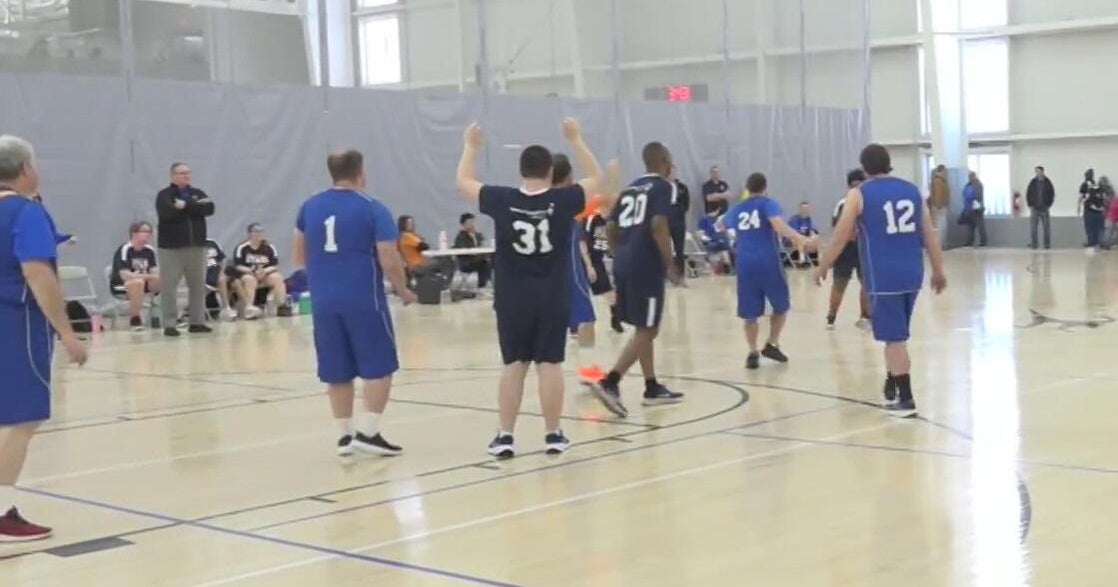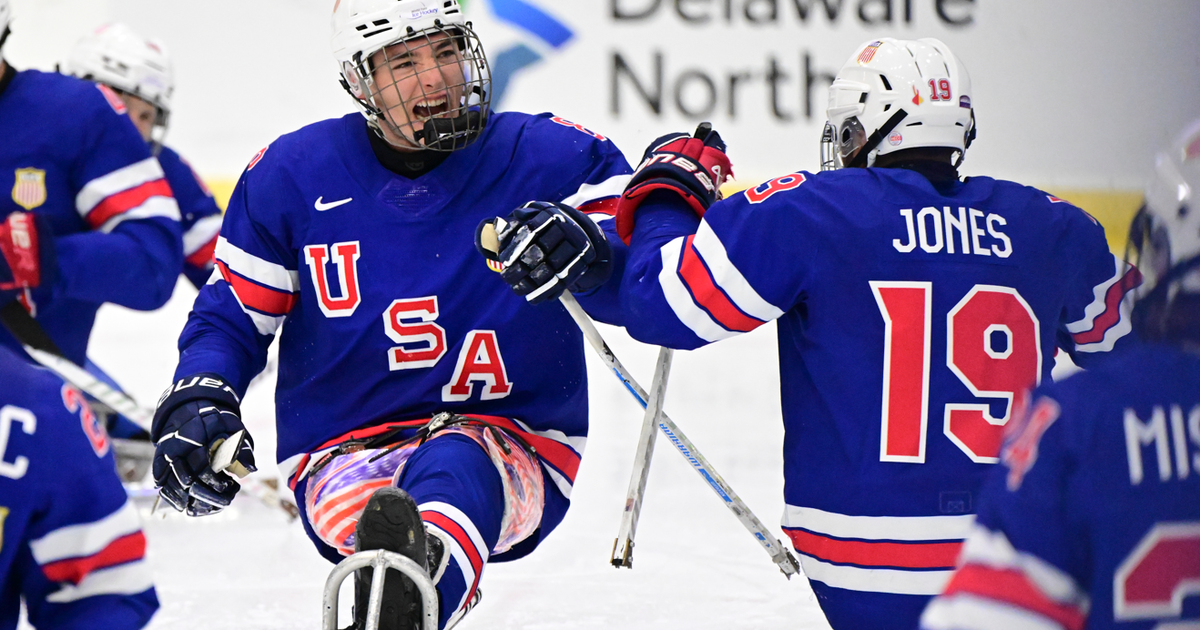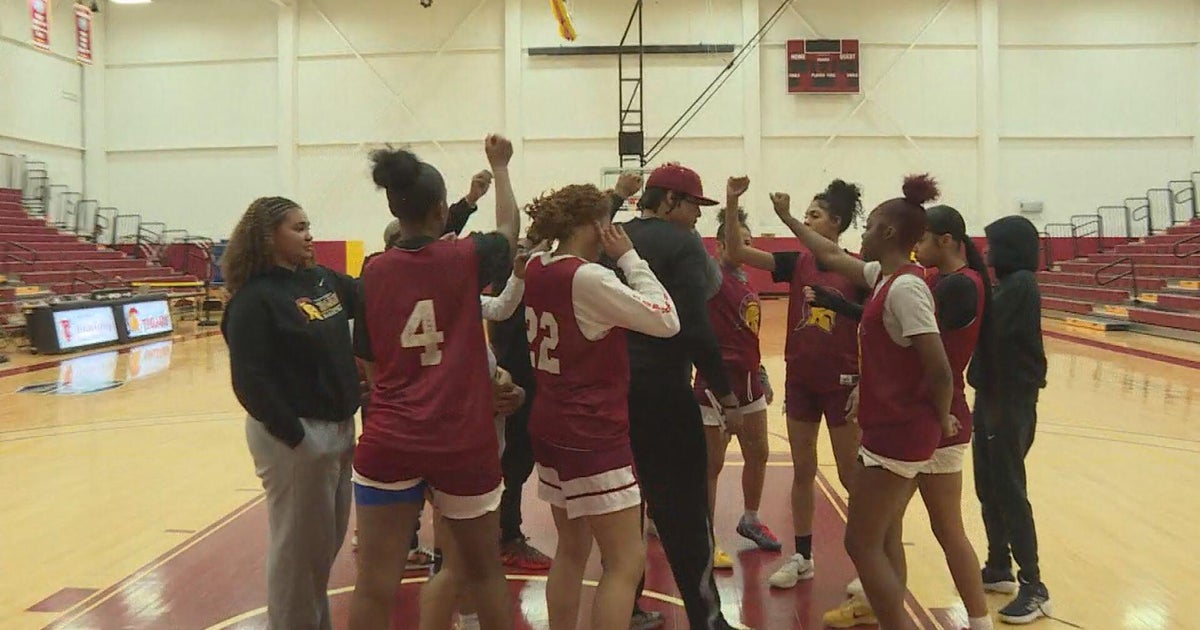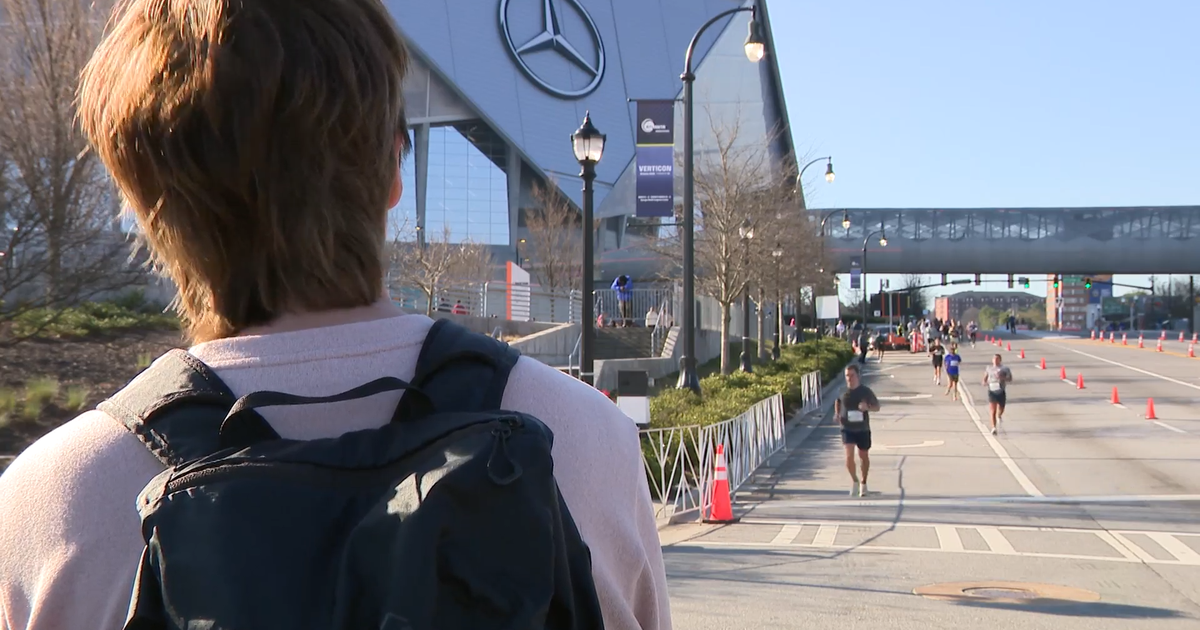With Olympic gymnastics trials in Twin Cities, many top athletes focus on maintaining mental health
MINNEAPOLIS — The U.S. Women's Gymnastics trials are being held at Target Center Friday.
Reigning Olympic champion Sunisa Lee, six-time world championship medalist Shilese Jones and national runner-up Skye Blakely are all facing health concerns ahead of the U.S. Olympic trials. But in competition, it's not always physical injuries that loom large.
In last summer's Olympics, Simone Biles withdrew from the women's team finals for mental health challenges. That's a common battle for athletes, especially competing at the highest level. Dr. Carly Anderson, an Olympic sports psychologist, said the key is how they keep their mind on the mat.
"By the time I had graduated our team had won three national championships, and I remember thinking to myself, 'I think there's something to be said about this whole mental health of sports thing. I think I want to become a sports psychologist,'" Anderson said.
Inspired by her collegiate gymnastics experience, Anderson found her passion for helping others. As the owner of Premier Sports Psychology in Edina, she works with all kinds of athletes, from the University of Minnesota to Olympic curlers and hockey players. Her role is to help strengthen competitors' minds.
"Just like you would do strength and conditioning, you don't do it once. You do strength and conditioning regularly to maintain strength and to get better, and you do that week after week after week, for years, to be at your best," Anderson said. "If the same is true, why wouldn't we train our minds the same way?"
For the Olympic hopefuls competing in the gymnastic trials in Minneapolis, Anderson says the pressure has never been higher.
"The United States is so competitive in some sports that the Olympic trials can be even a more pressure-inducing competition than actually the Olympic games," Anderson said.
That may be especially true with gymnastics, where precision is everything and your mental focus can make or break sticking the landing.
"When you lose your air sense or have trouble, it really is terrifying and very dangerous," Anderson said.
While her advice to athletes is specific to their needs, the general advice she gives every competitor is to let go of what you can't control.
"Not to be so mentally tough and rigid, but to actually be more mentally pliable and adaptable," Anderson said.








